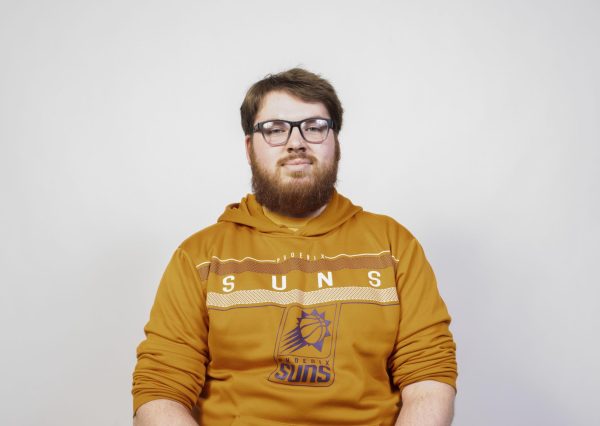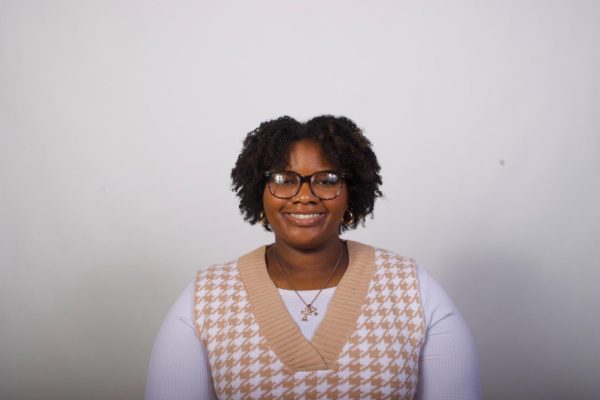The beauty industry profits from socialized insecurity
July 12, 2019
Human beings can be traced back to using beauty products and cosmetics for more than 6,000 years with that of Ancient Egypt and its use of kohl to accentuate the eyes.
The cosmetic and makeup industry that exists today is worth more than $532 billion, and it is estimated to reach $832 billion by 2024, according to Zion Market Research.
That is a whole lot of money that a large collection of companies want in their pockets.
And yet, just a few years ago we saw a shift in the way makeup was viewed by many.
Many women are socialized from a young age that they are to look and behave a certain way or they will be seen or treated as inferior.
Part of this socialization is often through the use of makeup and other cosmetics.
It isn’t necessarily a universal experience, but many young girls share their early years living with acne by using makeup to cover it up.
Beauty vloggers target young audiences and ingrain the idea that girls need to wear makeup with “my morning routine and everyday makeup” type videos that perpetuate the idea that a full face of makeup is required for every day.
As society changed, the cosmetic industry saw that it needed to change the way it targeted its core demographic: women.
Language that strictly targeted the insecurities of women, their “need” to please the men around them, and the general idea that women must be made up and perfect to be seen changed.
Now the language that markets makeup and cosmetics has shifted to almost amor-like; the idea that makeup can be empowering made an appearance.
While for some people, this can be true; for others and myself included, it becomes a barrier from being able to be comfortable in my own skin.
If people physically can’t leave their homes without makeup because they are afraid of what others will think or how they will be perceived shows a horrible side effect of the way our society has taught them to feel about themselves.
In the time of Queen Elizabeth, women poisoned themselves with foundations made from vinegar and lead to achieve the look that society told them was more desirable.
While today we don’t go to such lengths as this, we are metaphorically poisoning ourselves by retaining this idea that we need an “armor” to cover our imperfections and be validated.
Makeup, cosmetics, beauty and the way people presents themselves can be deeply personal; individuals have different styles, and often the use of cosmetics can be used to achieve the style someone desires.
The individual is not at fault for the way they are judged by society for wearing or not wearing makeup, rather it is the beauty industry itself that largely perpetuates these judgments. At the end of the day, the insecurity of their demographics is what lines their pockets.
The beauty industry and society at large tells people to hate themselves because it creates a profit.
Zoë Donovan is a junior journalism major. They can be reached at 581–2812 or at [email protected].















































